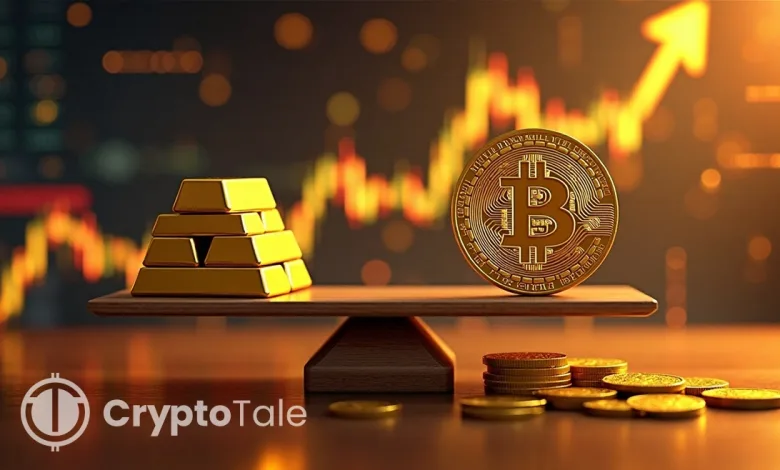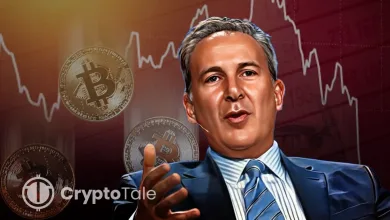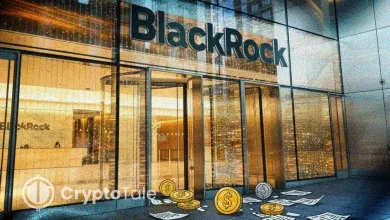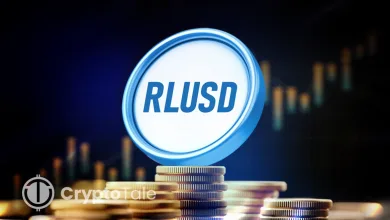Bitcoin Gains Ground as Top Hedge Against Inflation

- Sovereign wealth funds are accumulating Bitcoin as a long-term hedge against inflation.
- Institutions favour spot Bitcoin over ETFs, signaling increasing confidence in its utility.
- Bitcoin’s scarcity and portability make it a top asset, joining gold in investor portfolios.
With the debate between gold and Bitcoin escalating, the digital asset is increasingly showcasing symptoms of being a leading hedge against inflation. In a recent interview, Coinbase executive John D’Agostino stated that sovereign wealth funds and long-term institutional investors have quietly accumulated Bitcoin throughout April, while retail traders exited their positions through ETFs. This shift reflects the growing divide between investor classes and a changing view of Bitcoin’s role in global finance.
D’Agostino pointed out that major institutions are treating Bitcoin as a macroeconomic hedge. These entities buy Bitcoin in their local currencies and convert it to U.S. dollars when required. Further, he pointed out that with concerns over a weakening dollar and reduced global trade, many prefer to hold more Bitcoin directly, reflecting fears of de-dollarization.
The Coinbase executive added that Bitcoin’s key traits, like scarcity, immutability, and portability, make it attractive in uncertain times. Comparing it to gold, he stated that Bitcoin is trading on its core characteristics and fulfilling expectations. In April, although Bitcoin ETF flows were negative by nearly $470 million, gold ETFs saw over $8 billion in inflows.
Despite that, Bitcoin surged by 13%, and D’Agostino attributed this rally to institutions, not retail investors. He stated that the institutions were likely accumulating Bitcoin on spot markets instead through ETFs. This trend aligns with a broader pattern of institutional interest.
Governments and firms like Strategy (formerly MicroStrategy) have long adopted Bitcoin as a treasury reserve. Strategy’s Michael Saylor recently claimed that over 13,000 institutions hold direct exposure to his company, with millions indirectly affected. On the other hand, countries like El Salvador and Bhutan have national Bitcoin reserves, while municipalities and several U.S. states are eyeing similar policies.
Related: Analyst Predicts Bitcoin Could Mirror Gold’s Recent Surge
On an overall note, Coinbase’s D’Agostino suggested that some institutions see Bitcoin as a second chance after missing gold’s recent rally, while others recognize its long-term inflation protection.
With its rise, Bitcoin ranks among the world’s top five assets, ahead of silver and Amazon. This signals a shift in how global investors perceive the digital asset class and D’Agostino believes this behavior will only continue as uncertainty grows.




